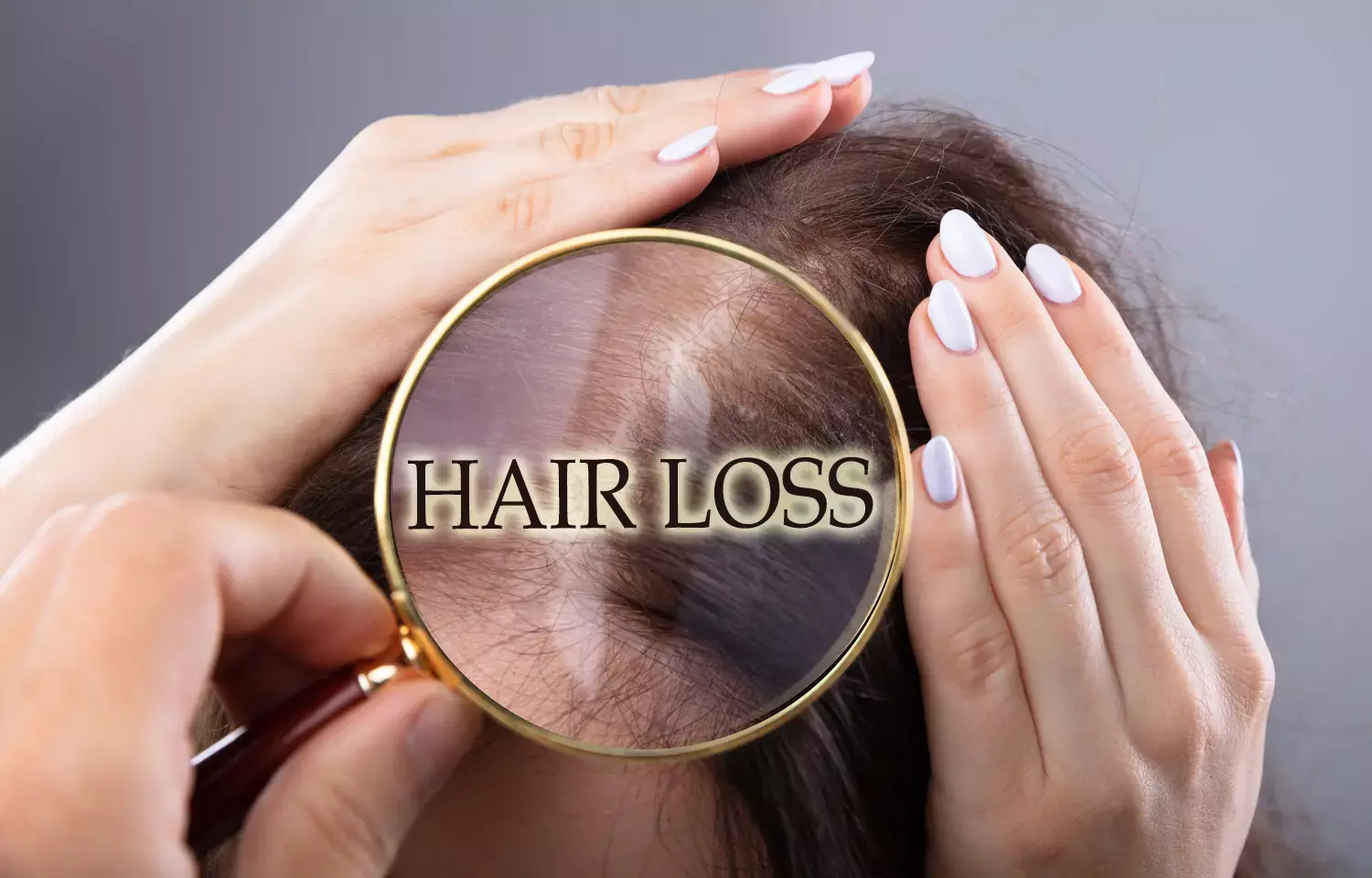- Home
- Medical news & Guidelines
- Anesthesiology
- Cardiology and CTVS
- Critical Care
- Dentistry
- Dermatology
- Diabetes and Endocrinology
- ENT
- Gastroenterology
- Medicine
- Nephrology
- Neurology
- Obstretics-Gynaecology
- Oncology
- Ophthalmology
- Orthopaedics
- Pediatrics-Neonatology
- Psychiatry
- Pulmonology
- Radiology
- Surgery
- Urology
- Laboratory Medicine
- Diet
- Nursing
- Paramedical
- Physiotherapy
- Health news
- Fact Check
- Bone Health Fact Check
- Brain Health Fact Check
- Cancer Related Fact Check
- Child Care Fact Check
- Dental and oral health fact check
- Diabetes and metabolic health fact check
- Diet and Nutrition Fact Check
- Eye and ENT Care Fact Check
- Fitness fact check
- Gut health fact check
- Heart health fact check
- Kidney health fact check
- Medical education fact check
- Men's health fact check
- Respiratory fact check
- Skin and hair care fact check
- Vaccine and Immunization fact check
- Women's health fact check
- AYUSH
- State News
- Andaman and Nicobar Islands
- Andhra Pradesh
- Arunachal Pradesh
- Assam
- Bihar
- Chandigarh
- Chattisgarh
- Dadra and Nagar Haveli
- Daman and Diu
- Delhi
- Goa
- Gujarat
- Haryana
- Himachal Pradesh
- Jammu & Kashmir
- Jharkhand
- Karnataka
- Kerala
- Ladakh
- Lakshadweep
- Madhya Pradesh
- Maharashtra
- Manipur
- Meghalaya
- Mizoram
- Nagaland
- Odisha
- Puducherry
- Punjab
- Rajasthan
- Sikkim
- Tamil Nadu
- Telangana
- Tripura
- Uttar Pradesh
- Uttrakhand
- West Bengal
- Medical Education
- Industry
Hair loss frequent in acne patients treated with low dose isotretinoin vs high dose

Canada: Findings from a systematic review suggetsed that in few patients with acne vulgaris treated with low-dose isotretinoin suffered hair loss than patients on a higher dose. The study was published in the Journal of The American Academy of Dermatology International.
The researchers wrote, "<0.5-mg/kg/day isotretinoin dosing results in hair loss at a frequency of 3.2% but ≥0.5-mg/kg/day isotretinoin dosing yields hair loss at a frequency of 5.7%." "Dose reduction role in hair loss frequency is critical to establish because it would allow patients with acne and distressing levels of hair loss to still receive effective therapy."
In the US, over 1 million isotretinoin prescriptions are authorized per year. An understanding of the frequency, dose dependency, timing, and reversibility of hair loss associated with isotretinoin treatment for acne vulgaris could be helpful for guiding dosing regimens and patient counseling. The study was conducted by Katherine McDonald, Department of Dermatology, University of Toronto, Toronto, Ontario, Canada, and colleagues with an objective to assess the frequency of hair loss in patients with acne vulgaris on <0.5 mg/kg/d daily doses of isotretinoin compared to the frequency of hair loss in patients with acne vulgaris on ≥0.5 mg/kg/d daily doses of isotretinoin.
For this purpose, the researchers conducted an online research on July 15, 2020, in accordance with the Preferred Reporting Items for Systematic Reviews and Meta-Analyses guidelines. The review focused on acne vulgaris patients. The most common use of isotretinoin is the treatment of acne vugaris, and the population is typically younger and with fewer comorbidities.
Based on the meta-analysis, the researchers found the following:
· Twenty-two studies reported hair loss with oral isotretinoin treatment.
· A frequency analysis suggested that patients with acne vulgaris on <0.5 mg/kg/d of isotretinoin experienced hair loss at a frequency of 3.2% (n = 18/565) compared with those on ≥0.5 mg/kg/d, who experienced hair loss at a frequency of 5.7% (n = 192/3375).
· Inferential statistics were not possible.
"Physicians should consider counseling patients about telogen effluvium risk prior to drug inititaiton, as is done commonly for other side effects," the authors concluded. "The potential trend of increased hair loss frequency at a higher daily dosing warrants further investigation using higher-quality research."
Reference:
The study titled, "Comparing the frequency of isotretinoin-induced hair loss at <0.5-mg/kg/d versus ≥0.5-mg/kg/d dosing in acne patients: A systematic review," was published in the Journal of The American Academy of Dermatology International.
Dr Kamal Kant Kohli-MBBS, DTCD- a chest specialist with more than 30 years of practice and a flair for writing clinical articles, Dr Kamal Kant Kohli joined Medical Dialogues as a Chief Editor of Medical News. Besides writing articles, as an editor, he proofreads and verifies all the medical content published on Medical Dialogues including those coming from journals, studies,medical conferences,guidelines etc. Email: drkohli@medicaldialogues.in. Contact no. 011-43720751


